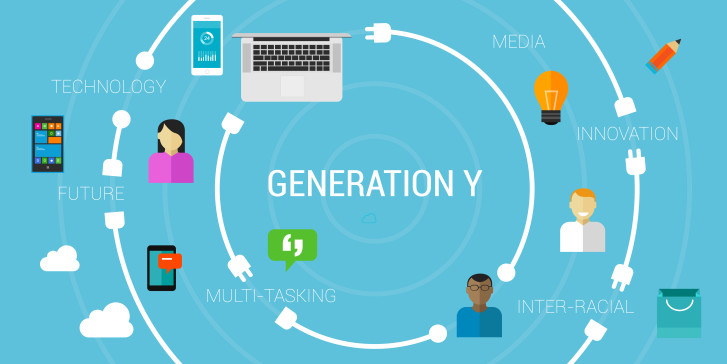
It’s been about a decade since the first millennial entered the workplace. To say they are a force to be reckoned with would be an understatement. They bring much-needed hard skills to help organizations stay competitive in a fast-changing global environment.
With ten years of experience under their belts, organizations now need to start promoting Millennials to management positions. And, what they are finding is despite their talent, energy, and skills, many Millennials patently lack key soft skills that are essential for management positions.
Today, millennials make up 36% of the American workforce. In some companies like Ernst & Young and Accenture, their majority jumps to two-thirds of the employee base. Over the next ten years, millennials will command 75% of all jobs in the United States.
As current leaders evaluate the strengths and weaknesses of the next generation of leaders, they are observing some trends that are giving them pause. It’s not unusual for the generation in charge to have concerns about the “next generation.”
What’s different about the millennial’s entrance into the workforce is that is occurring at a time when our economy is transforming from an information-driven economy to a social one, where the ability to work with other people to solve problems is of paramount importance.
Millennials’ entrance into the workforce also coincides with the emergence of disruptive technologies that are transforming how business is conducted. From creating new products and services to changing organizational structures and the balance of power between consumers and businesses, these technologies require companies to be more flexible.
According to a McKinsey Report on these disruptive technologies, “Leaders need to plan for a range of scenarios, abandoning assumptions about where competition and risk could come from, and not be afraid to look beyond long-established models.”
Because of the sheer size of this generation, they have their own Disruption Index- their values and preferences are creating “seismic” changes in banking, personal computing, household goods, and discount retailers.
Because of this, many millennials mistakenly believe that the hard skills they own are such a competitive advantage that the soft skills that have driven business success for decades are no longer as important.
Turns out, these soft skills are becoming more important, and that puts many millennials at a disadvantage. They entered the workforce believing that their technological knowledge was the most important attribute for success.
Survey after survey indicates that a significant portion of business executives believe the millennial workforce needs additional soft skills training including everything from communication in all forms (email etiquette to spelling, grammar as well and oral communications) to business etiquette and that catch-all category, “professionalism.”
Part of the challenge is that organizations, enamored with the hard skills that millennials bring to the workplace, did not realize the gap was so significant until there was a critical mass of millennials working in their organizations.
As reality settles in, organizations are looking for solutions on how to get Millennials up to speed.
Unlike learning a software program or a new process, understanding what a soft skill is and mastering soft skills is something that requires more than attending a single training class.
In addition to basic training courses, Millennials will need “communication coaches” who can give them immediate feedback on everything from their emails to how they speak at meetings.
Millennials respond best when there are specific milestones they can strive to achieve and regular feedback so they can monitor their progress.
The good news is that once Millennials understand that mastering soft skills is the path to advancement; many will embrace this skill set with the enthusiasm of reaching the highest level on a video game.